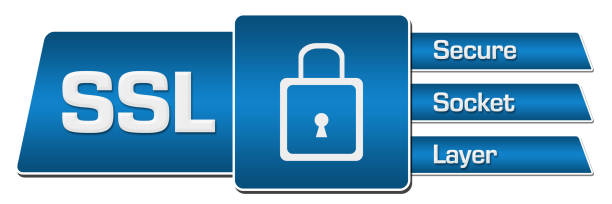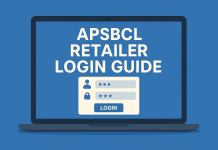You know you need an SSL for your site, but you just can’t differentiate your certificate Wildcard from your single domain SSL? You’re not the only one, so you came to the right place. In this article, we will explain the difference between the different SSL types and how to know which one you should pick. To figure this out, you need to ask yourself two questions:
- How many domains and/or subdomains do I have?
- What level of assurance do I need for user peace of mind?
Read on to figure out the answer to these questions.
SSL types by number of domains and subdomains
There are three main categories when it comes to this SSL type:
- Single-domain SSL: This SSL will secure a single domain.
- Multi-domain SSL: This SSL will secure multiple domains and/or subdomains. It secures three by default, but you can add up to 97 more over the certificate’s lifetime.
- Wildcard SSL: This SSL secures a single primary domain and unlimited one-level subdomains linked to it.
Selecting which category your situation falls into is probably pretty easy. All you need to do is count the number of domains and/or subdomains you have. The assurance level may require a little more thinking.
Choosing your SSL’s assurance level
SSL assurance refers to the level of validation you choose for your SSL. Validation is how extensively the issuing Certificate Authority (CA) verifies you or your company’s existence. The more verification you get, the more information about your company will be displayed in your SSL. Typically, the more you ask user’s to do on your site, the higher assurance you should get. For example, a static website with no purchase or login pages should be fine with a low assurance SSL. But an e-commerce store would benefit from a higher level of assurance, as customers will likely feel more comfortable purchasing from a store when they can easily find information about the company operating it.
The three validation levels are:
- Domain validation (DV): The lowest level of assurance, the CA will simply check that you have access to your site’s admin email.
- Organization validation (OV): Medium assurance. The CA will do a few more checks into your company’s existence.
- Extended validation (EV): The highest level of assurance. The CA will perform more extensive verification, such as cross-checking government records and calling up the company premises.
Wrap up
You should now have a better idea of knowing whether a particular SSL is the right fit for your site. Once you’ve answered the two key questions, it should be easy. Say if you have multiple e-commerce stores, your best bet is probably getting a multi-domain EV SSL. A single blog would likely benefit from a single-domain DV SSL. Whatever SSL type you need, make sure to install an SSL sooner than later.






